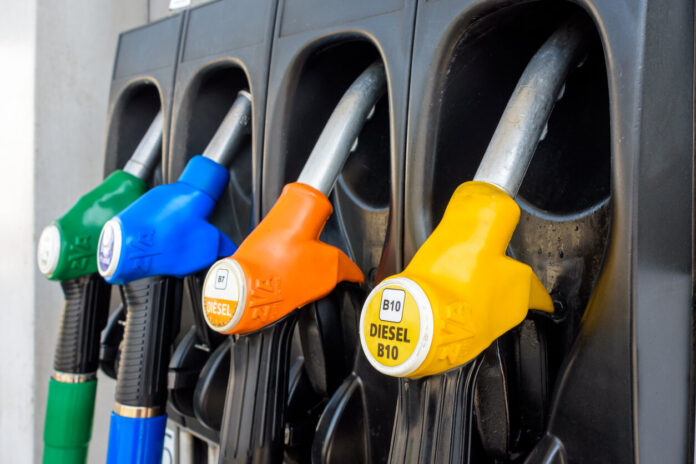This Thursday, March 9, the energy unions continue their commitment against the pension reform. Yesterday, Wednesday March 8, all the refineries voted to renew the strike and stop fuel shipments, which began at the start of the week.
In the Bouches-du-Rhône, the refineries of La Mède (Total), Fos-sur-Mer (Exon/Esso) and Lavéra (Pétroineos) have decided to continue the movement. According to Éric Sellini, national elected representative of the CGT-Chemistry, there are “between 70% and 100%” of strikers, report our colleagues from Le Point.
For Sébastien Varagnol, secretary general of the CGT of the Lavéra site, questioned by our colleagues from RMC: “We have to increase the balance of power as we go. Sooner or later we will be forced to go to installation stops to go as far as accelerating the fuel shortage.”
The first effects of the mobilization are already being felt almost everywhere in France. According to calculations by Fig Data (Figaro), 6.7% of service stations are completely or partially out of gasoline (SP 98, SP95, E10) or diesel. In total, 19 departments exceed the threshold of 10% of service stations that do not have petrol or diesel. And the unions do not intend to stop there.
The FO and CGT representatives of the TotalEnergies refinery in Feyzin (Rhône) proposed a hardening of the strike with a total shutdown of production. If the decision still has to be voted on today in the morning, the unions are determined and want the movement to take place over time.
For Sébastien Varagnol, secretary general of the CGT of the Lavéra site, “the idea is indeed to influence this reform. We have our sights set on the appeal days of March 11 and 15. objective is that in the oil sector, we remain on the move until then” (comments reported by RMC).
Pending the next days of mobilization and a potential hardening of the movement, the difficulties vary greatly from one department to another. Which departments are already out of gas or diesel?















